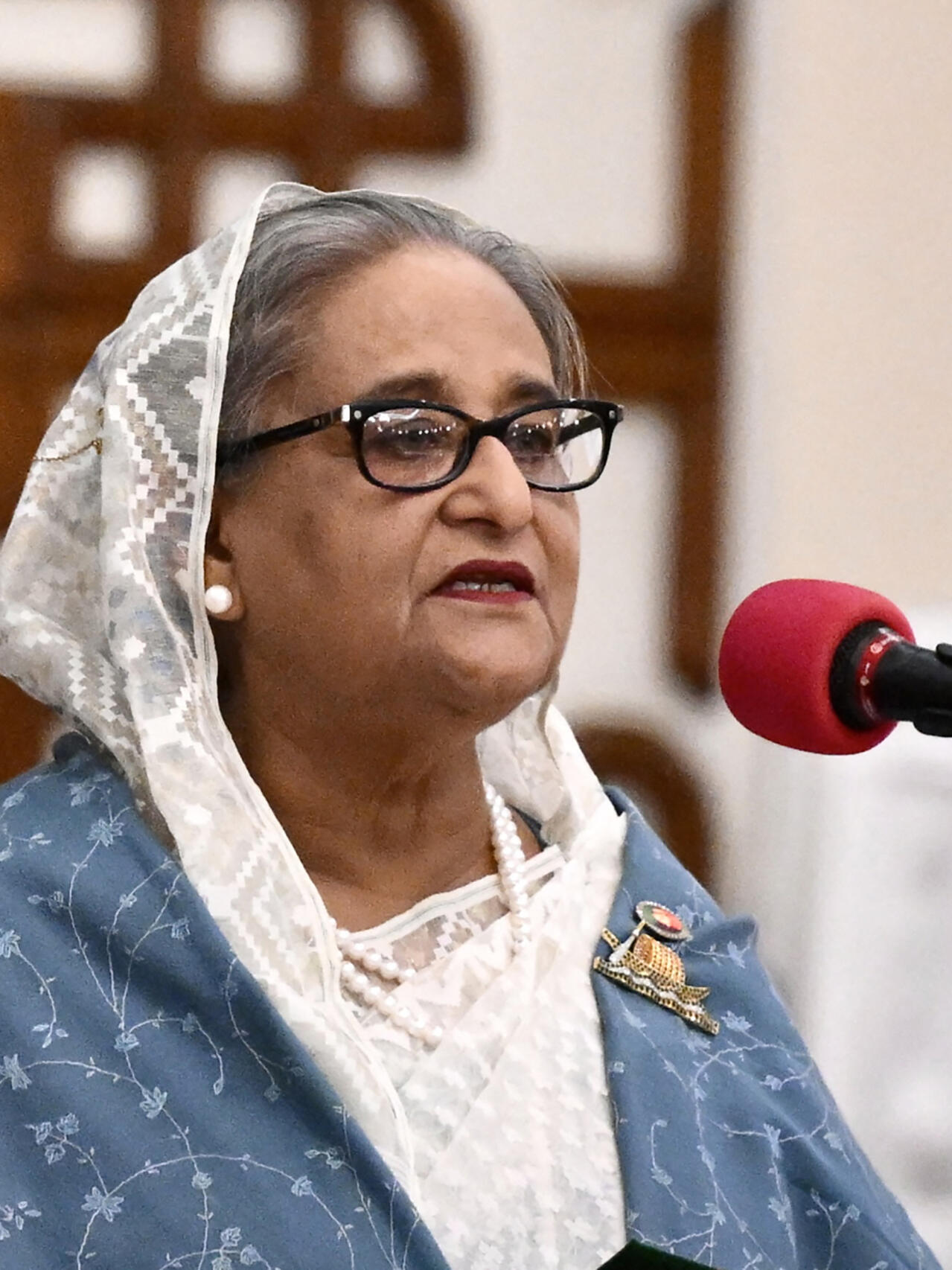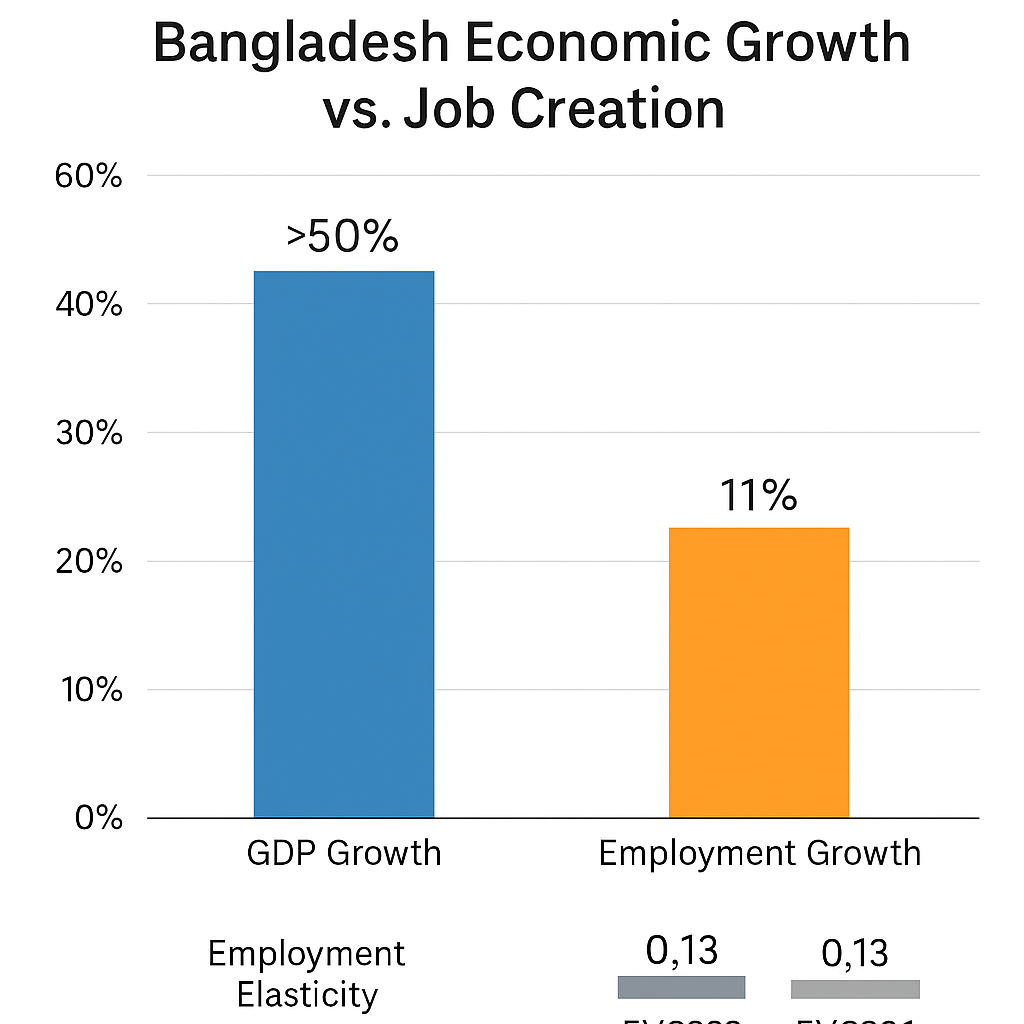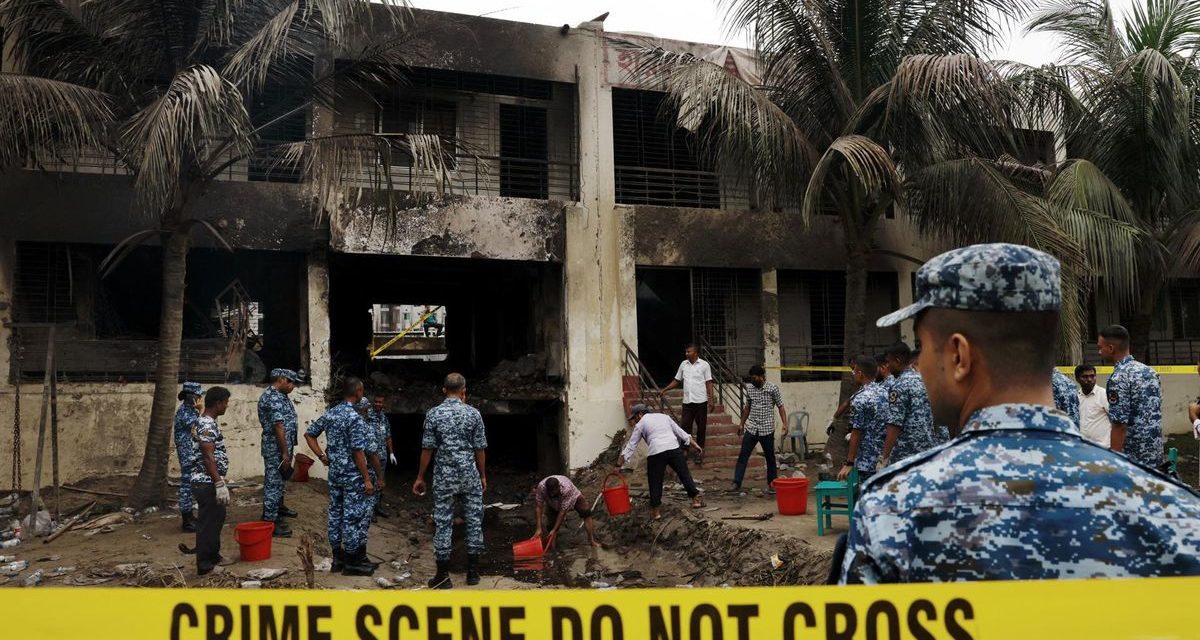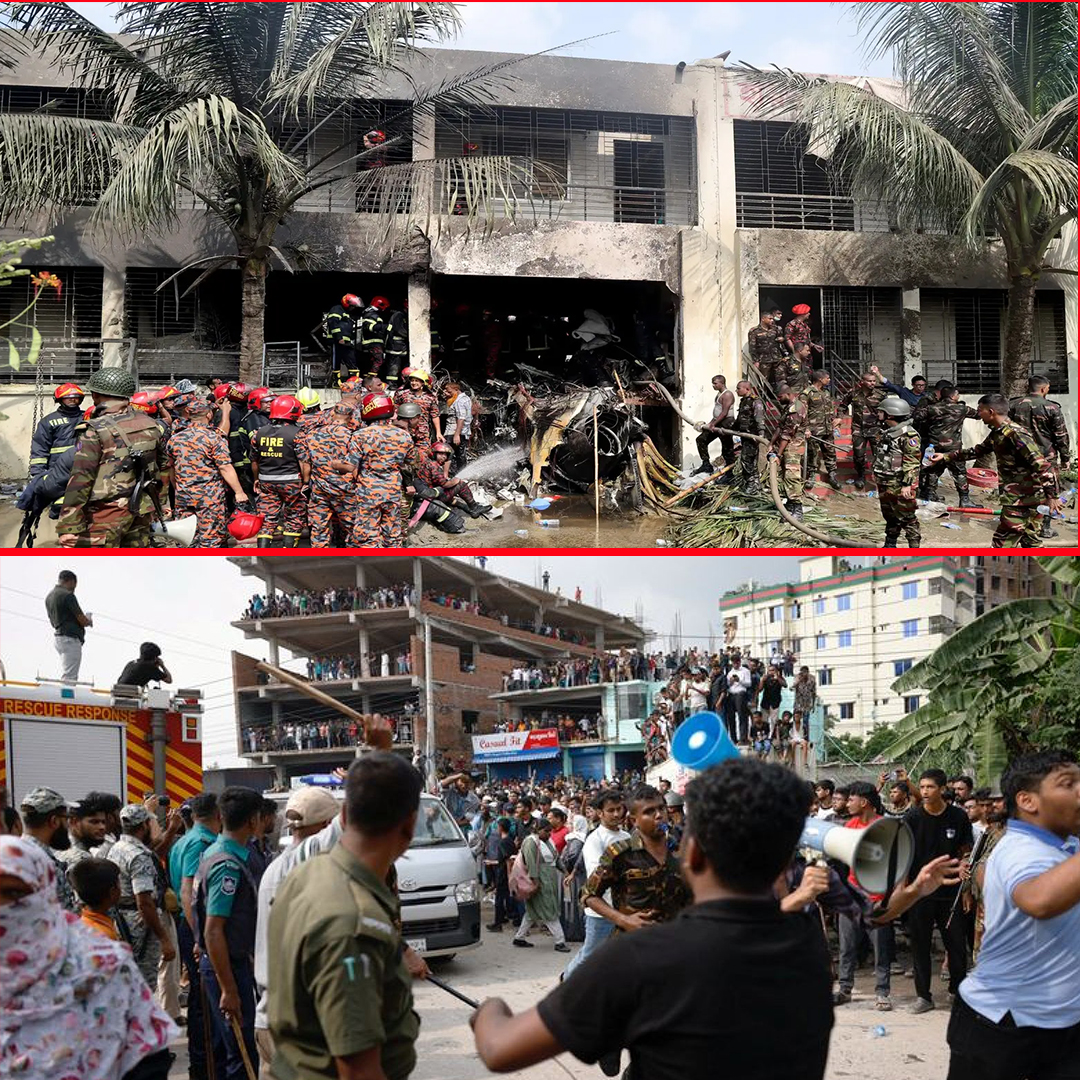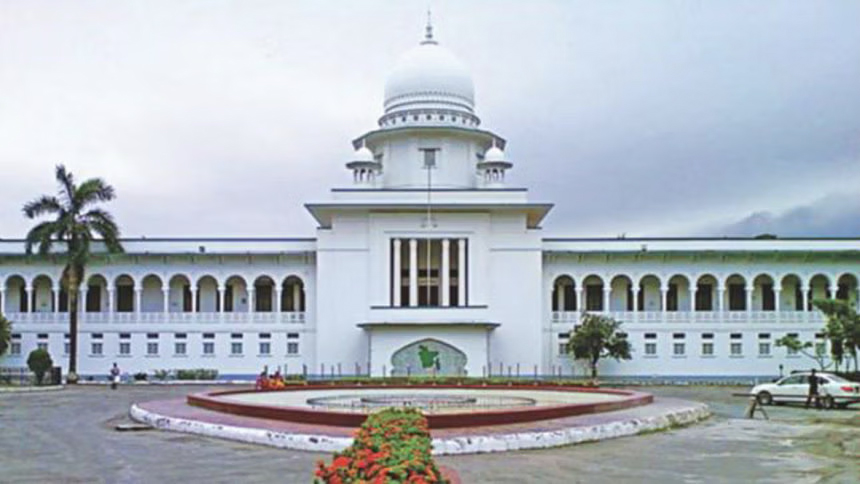
Bangladesh Offers Concessions and Signs Wheat Deal as U.S. Tariff Deadline Nears, Protecting Ready-Made Garment Industry and Bilateral Trade
Bangladesh is urgently seeking talks with the United States to prevent the imposition of a steep 35% reciprocal tariff set to take effect on August 1, 2025. This looming tariff threat, announced earlier this month by former U.S. President Donald Trump, has created significant concern across Bangladesh’s economy, particularly within its garment sector, which is the backbone of its export-driven growth.
On July 7, 2025, the U.S. Trade Representative (USTR) sent formal letters to Bangladesh and thirteen other countries warning that a 35% “blanket tariff” would be applied to imports from these nations unless trade agreements are finalized. The tariffs aim to replace existing duties with a single reciprocal rate intended to foster fairer trade practices and protect American exporters from countries maintaining disproportionately high trade barriers. For Bangladesh, whose ready-made garment exports constitute nearly 85% of its shipments to the U.S., this development poses a significant risk.
In response, Bangladesh’s Ministry of Commerce has acted quickly to engage the USTR. The government submitted a formal letter requesting a negotiation date and presented detailed proposals offering several trade concessions. These proposals include reducing tariffs on American agricultural and industrial goods, improving labor rights protections in response to long-standing concerns over garment worker safety and conditions, streamlining customs and regulatory processes to facilitate easier trade, and committing to reduce barriers affecting digital trade and e-commerce. Officials from Bangladesh have emphasized their readiness to commence formal talks immediately, underscoring the urgency due to the potential economic consequences if the tariffs take effect.
To bolster its negotiating position and demonstrate goodwill, Bangladesh also signed a five-year wheat import agreement with U.S. Wheat Associates on July 20, 2025. Under this deal, Bangladesh will import approximately 700,000 tonnes of American wheat annually. This initiative addresses the U.S. government’s concerns about the trade imbalance between the two countries and signifies Bangladesh’s willingness to increase American exports to its market. Officials described the wheat agreement as a confidence-building step that could pave the way for broader economic cooperation and make a tariff exemption more likely.
Meanwhile, the looming tariff threat has already had ripple effects throughout Bangladesh’s garment industry. Major U.S. retailers, including Walmart, have reportedly delayed or suspended orders from Bangladeshi factories pending clarity on tariff developments. Industry experts warn that a 35% tariff would severely undermine Bangladesh’s competitiveness in the global apparel market, potentially leading to factory closures and widespread job losses. The garment sector employs over four million workers, mostly women, and accounts for more than 80% of Bangladesh’s total export earnings. Labor unions and garment worker organizations have staged protests, condemning the proposed tariffs as unfair and calling on both governments to resolve their differences through diplomatic dialogue rather than unilateral trade actions. Workers fear that tariff imposition would threaten their livelihoods and reverse gains made in improving workplace conditions.
With the August 1 deadline rapidly approaching, all eyes remain on the USTR and Bangladesh’s government to determine whether a negotiation date will be confirmed. While Washington has not publicly responded to Bangladesh’s requests for talks, some reports indicate that the U.S. may be willing to offer more flexible terms to countries willing to open their markets and lower tariffs on American goods. Trade experts believe that upcoming negotiations will likely extend beyond tariff rates, encompassing broader issues such as labor rights enforcement, customs modernization, and digital trade policies. Bangladesh’s willingness to engage in comprehensive discussions and its concrete steps, such as the wheat import deal, suggest a readiness to cooperate in ways that could benefit both countries.
The stakes for Bangladesh could not be higher. The U.S. tariff threat represents one of the most serious challenges to the country’s export economy in recent years. Billions of dollars in annual exports, millions of jobs, and the economic wellbeing of large segments of the population are on the line. The government’s swift diplomatic outreach and trade concessions highlight the priority placed on preserving this vital economic relationship. The outcome of these negotiations will have profound implications not only for exporters and factory workers but also for the overall trajectory of Bangladesh’s economic growth.
For now, the hope remains that dialogue and diplomacy will prevail, allowing Bangladesh and the United States to reach a mutually beneficial agreement that maintains open markets, protects workers, and supports sustainable economic development. The coming weeks will be critical in determining the future of this important trade partnership
source : thedailystar


